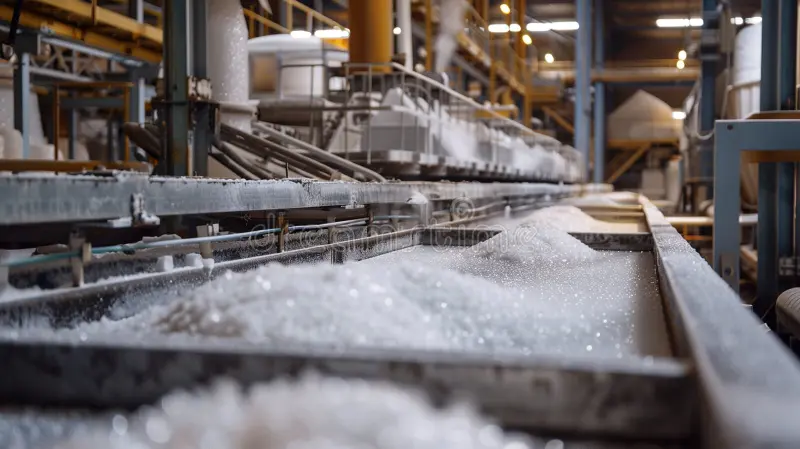Islamabad 28 July: A parliamentary committee is considering a windfall tax on sugar millers’ extraordinary profits, following a sharp spike in retail sugar prices, now hovering around Rs 200 per kilogram.
The move aims to address growing public outrage and allegations of market manipulation by influential sugar groups.
The National Assembly Standing Committee on Commerce, chaired by Jawed Hanif Khan, recently criticized the sugar industry as a “mafia” and moved to investigate the beneficiaries of the price hike. A special multi-party panel, led by MNA Atif Khan, has been formed to examine price surges, past export-import decisions, and long-term industry patterns.
Retail prices have surged well beyond the government’s agreed ex-mill price schedule, which capped the rate at Rs 165/kg from July 15, with a monthly Rs 2/kg increase until October. Officials allege that mills are violating this agreement, further inflating costs for consumers.
READ MORE: Govt Slashes Sales Tax on Sugar Import
The Ministry of National Food Security and Research claims that the sugar industry’s justification for higher prices—based on outdated carry costs—is misleading, especially now that interest rates have dropped from 25% to 11%.
Sources from the Commerce Ministry allege that key millers exploited export windows to earn windfall profits, anticipating both higher global prices and rising local demand. The Pakistan Sugar Mills Association (PSMA), despite earlier promises to stabilize domestic prices, reportedly failed to build a buffer stock and instead pushed for exports without sales tax liability.
A previous TCP tender to import 50,000 tons of sugar failed, prompting a new tender for 100,000 tons. Meanwhile, the government is facing pressure to act decisively. Officials say a windfall tax could send a strong message to the industry and help offset the impact on public finances.
Final export decisions will be made by a committee using FBR’s Track & Trace System data, though the inclusion of PSMA representatives on the panel has raised concerns about impartiality.
The sugar industry has faced similar criticism in past governments for profiting off export-induced shortages. Once again, larger millers appear to have reaped the biggest gains — and Parliament may finally be preparing to act.









